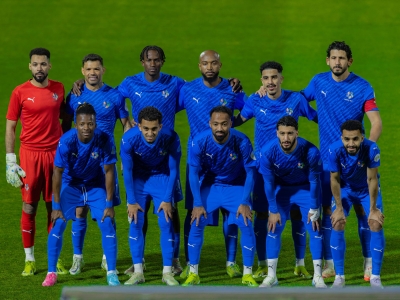
What Are the Contributions of Hosting the 2034 World Cup to Environmental Sustainability in Saudi Arabia?


Environmental sustainability in the Kingdom of Saudi Arabia aims to build a sustainable environmental legacy that will inspire future generations about the importance of the environment. This goal is one of the fundamental pillars of the Kingdom's bid to host the 2034 World Cup, supporting efforts to achieve environmental sustainability and comprehensive development in society.
The Kingdom's commitment to achieving net-zero emissions
The Kingdom is committed to building a more sustainable future and achieving the goal of net-zero emissions by 2060. This commitment relies on the pillars of the circular carbon economy, reducing emissions, re-use, recycling, and removal. Through the Saudi Green Initiative and the Middle East Green Initiative, the Kingdom works to unify climate action efforts to achieve shared goals.
The World Cup 2034 and the positive environmental impact
The 2034 World Cup aims to minimize potential environmental impacts as a result of the ongoing preparations and tournament hosting across sectors such as transportation, accommodation, stadiums, infrastructure, waste, and energy. Proposed measures include managing and enhancing energy efficiency, adopting sustainable construction methods, using sustainable building materials, launching waste management initiatives, education, and enhancing the use of existing infrastructure facilities. Additionally, the Kingdom is committed to highlighting leadership in the environmental field and building on its current efforts aimed at promoting sustainability.
FIFA's environmental objectives
FIFA's objectives include building a football legacy for future generations and making a tangible positive impact by adopting a responsible approach during preparations to host the tournament, prioritizing sustainability, and minimizing the potential environmental impact.
Related quizzes
Related articles

